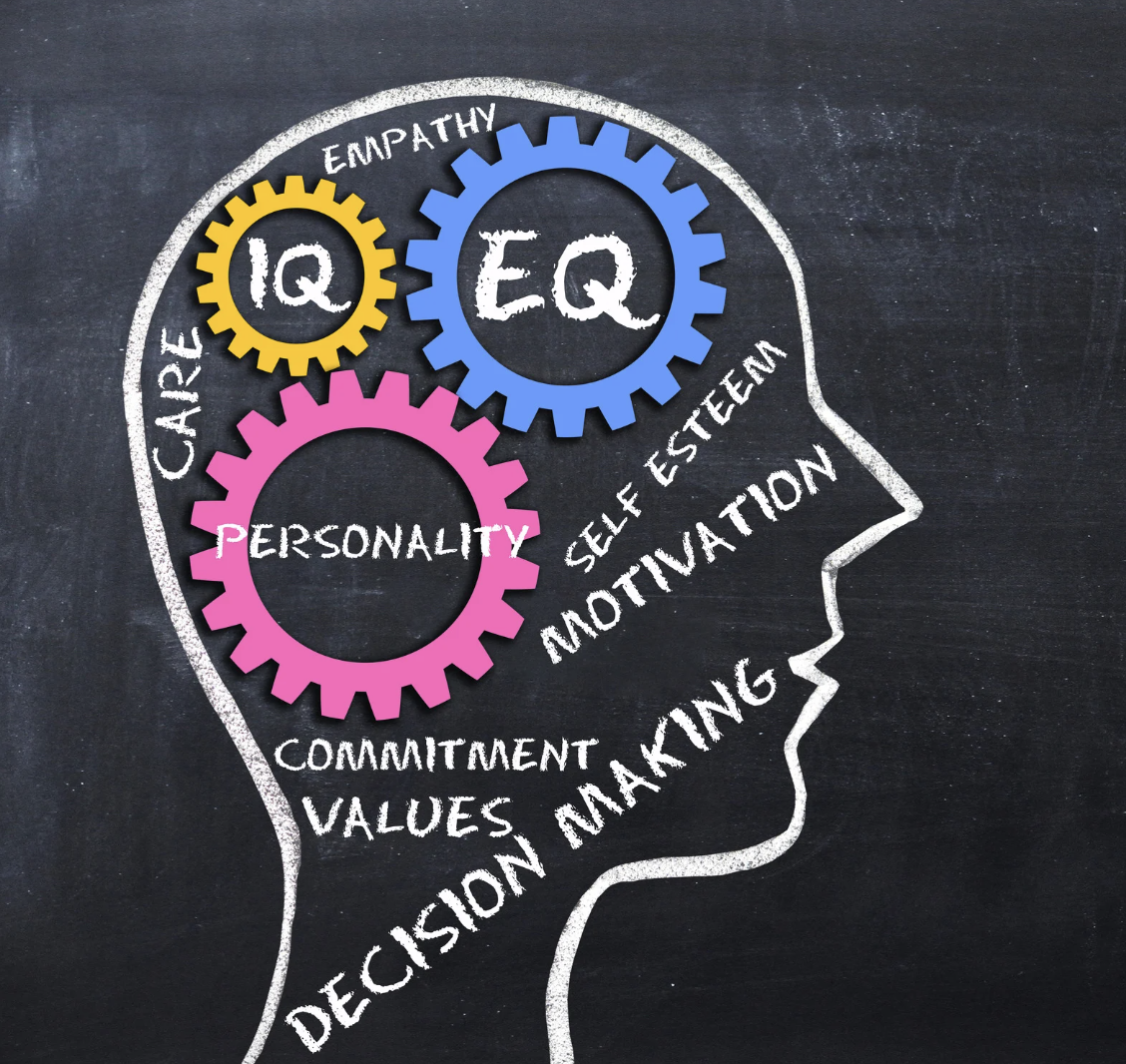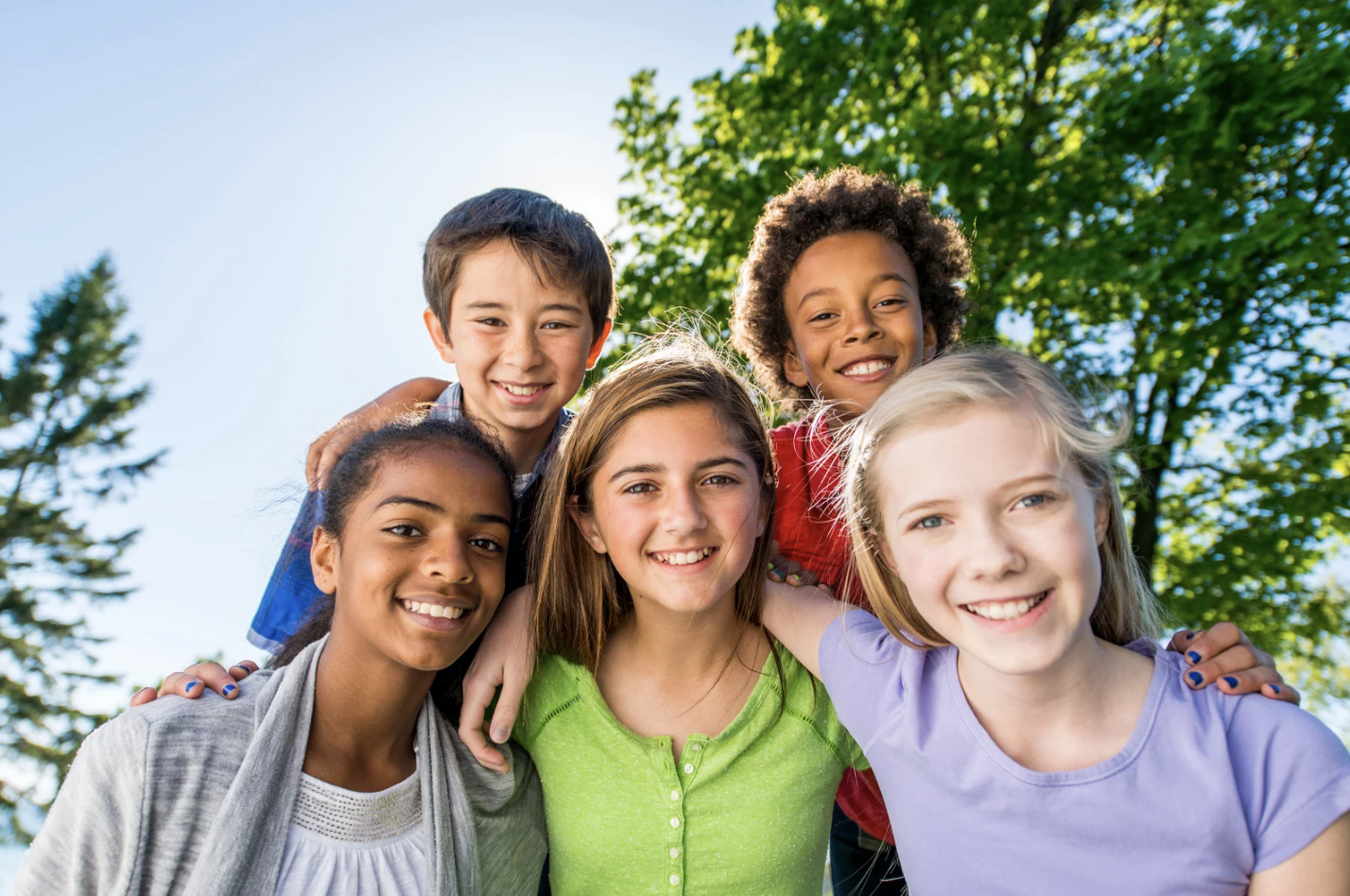Why Punishment Breaks Connection—And What to Do Instead
When your child breaks a rule, lies, or disrespects you, it’s easy to reach for punishment. Ground them. Take the phone. Cancel plans. It's what most of us were taught—if they feel bad enough, they'll learn their lesson, right?
But here’s the truth: punishment doesn’t teach behavior change. It teaches fear, resentment, and distance.
The Problem with Punishment
When you punish, the focus shifts away from your child’s actions—and onto you.
They’re no longer thinking about what they did. They’re thinking about how unfair you are. How long they’re grounded. How to not get caught next time.
The message they internalize isn’t:
“I need to take responsibility for my actions.”
It’s:
“I need to avoid getting in trouble.”
Over time, this dynamic doesn’t just fail to teach better choices—it builds a wedge in your relationship. Your child may start to hide things from you, avoid difficult conversations, or even shut down emotionally to avoid criticism.
What to Do Instead: Use Natural Consequences
Natural consequences shift the focus back to where it belongs: your child’s actions.
Let’s say your teen lies about where they’re going. A punishment might be grounding them for two weeks with no explanation beyond “You broke the rules.”
A natural consequence sounds more like this:
“When you lie, it breaks trust. That means I can’t feel safe letting you go out until trust is rebuilt. For now, I’ll need to know exactly where you are and check in more often.”
Now the consequence matches the behavior. It’s logical. It’s respectful. And most importantly—it teaches a lesson.
Natural consequences allow your child to feel the impact of their choices without feeling attacked or controlled. Instead of feeling shamed, they feel empowered to make a different choice next time.
And here’s the key: as their behavior improves, you can slowly restore privileges.
That way, your child sees a direct connection between their actions and what they earn back. They don’t just serve time—they learn how to rebuild trust and take responsibility for their behavior.
This approach doesn’t just correct—it teaches.
The Power of Emotional Safety
When kids feel emotionally safe—even in moments of conflict—they’re more likely to reflect, take ownership, and grow.
That’s the goal. Not compliance. Growth.
Natural consequences help you create a home where mistakes become learning moments, not power struggles. Where your child sees you not as the enemy—but as their guide.
Final Thoughts
Parenting isn’t about controlling behavior—it’s about shaping character. And that means making space for your child to learn, reflect, and grow through connection—not fear.
Natural consequences don’t mean letting your child “get away” with things. They mean creating boundaries that build trust and accountability—without losing the relationship in the process.
Want to learn how to create boundaries that teach, communicate with your teen in a way that builds trust, and stop the power struggles for good?
Start the Top Brain Parenting Course today—and learn how to connect, correct, and build lasting change from the inside out.


